The Everglades: it’s our swampy backyard to the west. For alumna Chloe Barnett and many others however, it is so much more than that. It’s a source of inspiration and became her driving force that inspired her to host the new nature documentary: Women of the Watershed.
Barnett grew up in Pembroke Pines, nurturing her love for the Everglades from a very young age. From being a Girl Scout who did numerous environmental activities like kayaking in her backyard lake, Barnett was inseparable from the outdoors. Her parents were both filmmakers who had already made two successful nature documentaries, which familiarized her with the impact documentaries can have on people and communities. In high school, she joined the Everglades Foundation Leadership Committee, adding to her spark of understanding what the Everglades is.
“When people try to understand what the Everglades is, they just think of the national park. In reality, the Everglades system stems from the [Florida] Keys to Orlando, [which] is how we get our drinking water,” Chloe said. Aquifers, specifically the Biscayne Aquifer, are either underground rivers or water-bearing material like rocks. The Everglades acted like a filtration system, removing impurities from the water that moves slowly through the lakes.
During junior year of high school, Barnett recognized her special love for the environment was what she wanted to advocate and put effort into to spread awareness. “I talked to my parents, telling them that [making an Everglades documentary] is a project I want to do. What started off as a small student project, my parents realized would be a really great story to be told on a wider scale. So we branched out and made this a bigger documentary,” Barnett stated.
After many years of interviewing other essential women who contributed to the conservation of the Everglades and meeting with present-day scientists, advocates, and artists, the making of the Women of the Watershed was complete.
“The documentary redefines the role of women in conservation as it pertains to the Everglades. It explores Everglades conservation and explains how in the early 1900’s, women were advocating for the establishment of what we now know as Everglades National Park,” Chloe explained. The film also includes an indigenous perspective of the conservation and advocates for stopping sugar cane burning, which has been causing respiratory issues in predominantly black communities.
While filming, Barnett was able to interview many extraordinary women, like Betty Osceola, who is a member of the Miccosukee Tribe; and Pualetta Bowers, who is part of the Seminole Tribe. Both contributed to helping the audience better understand climate justice and the conservation the Everglades desperately needs.
The documentary has been featured at many film festivals like the Sarasota Film Festival and the Fort Myers Film Festival, where it won best environmental film. With the many incredible successes the documentary has faced, Barnett always looks back to her high school classes and teachers at PPCHS as the spark that ignited her passion after graduating in 2023. “I had two teachers, Mr. Varona… and Mr. Kapela… and they sponsored two videos I made prior to the documentary. [Overall], PPCHS impacted my life by giving me a lot of resources to explore my passions.”


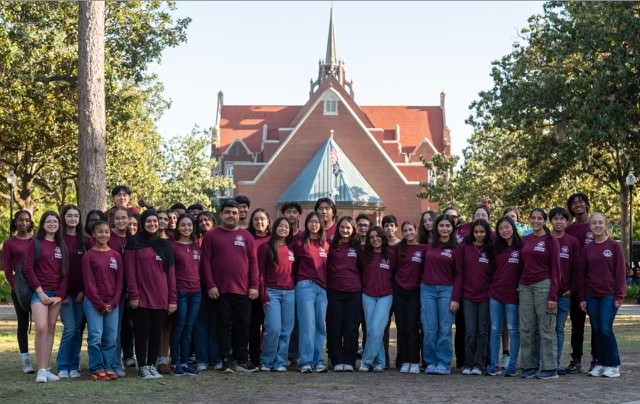
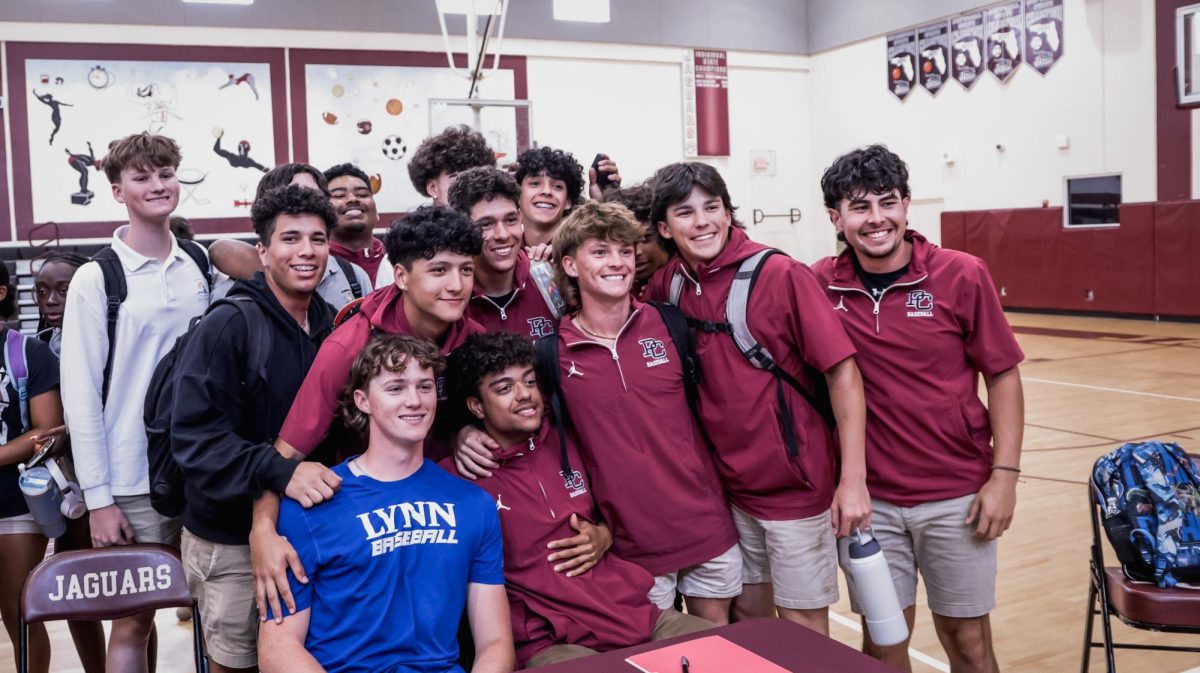
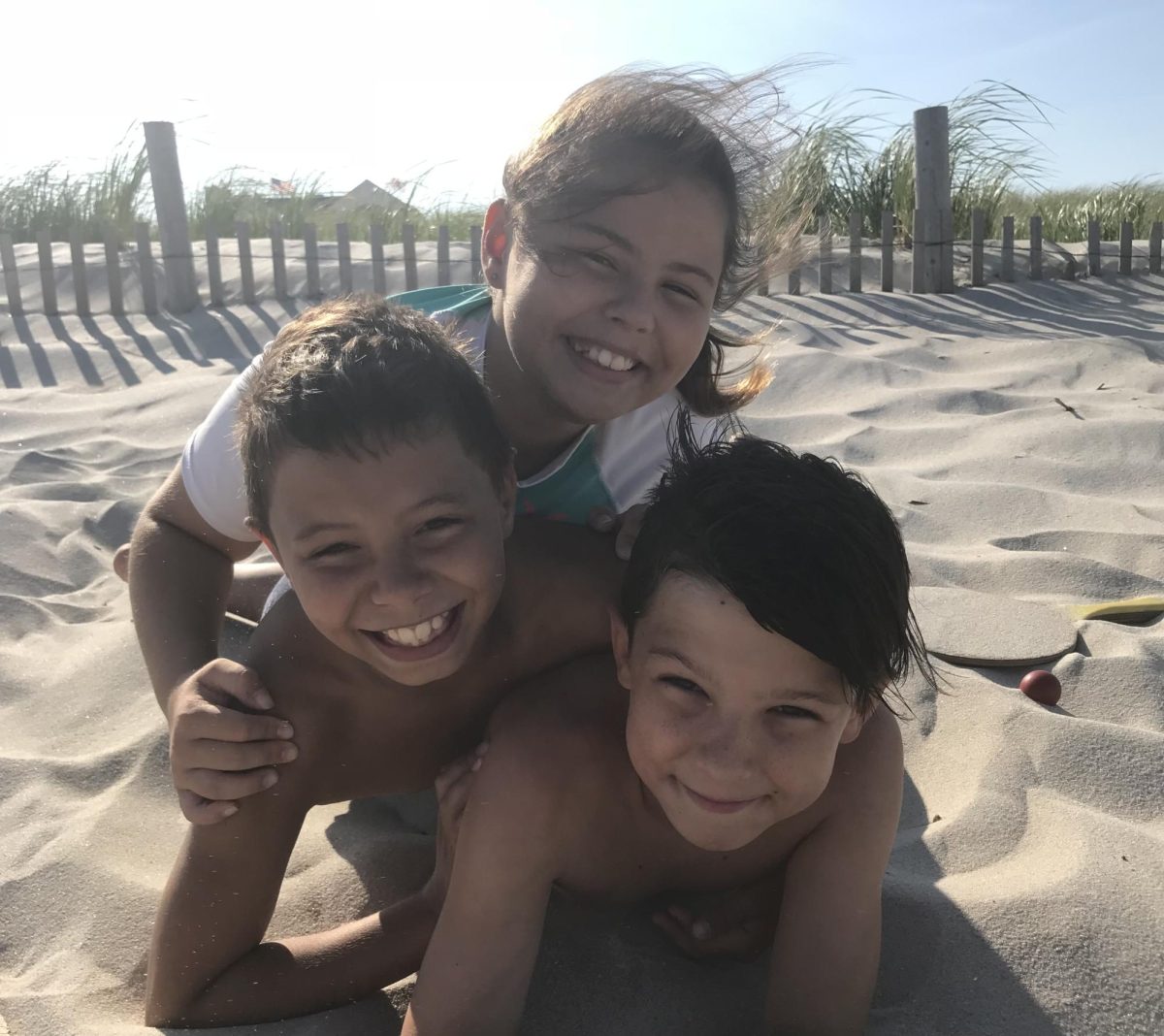

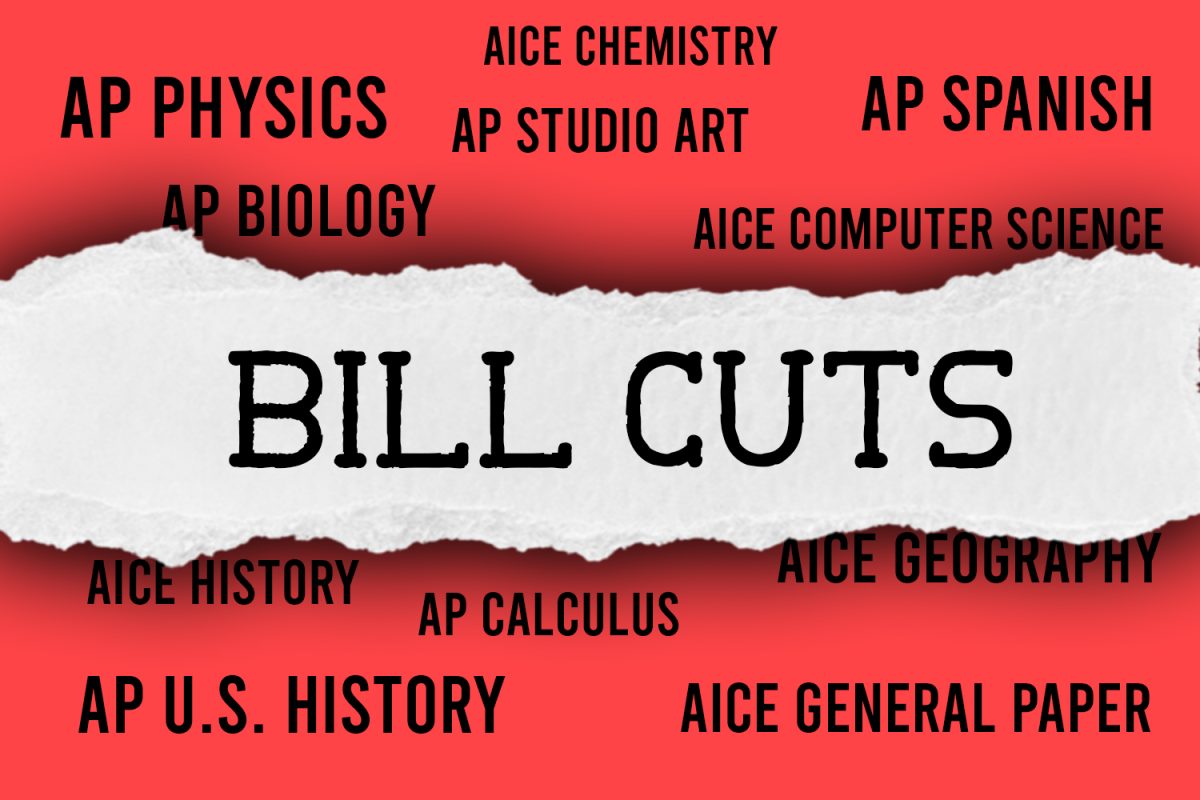
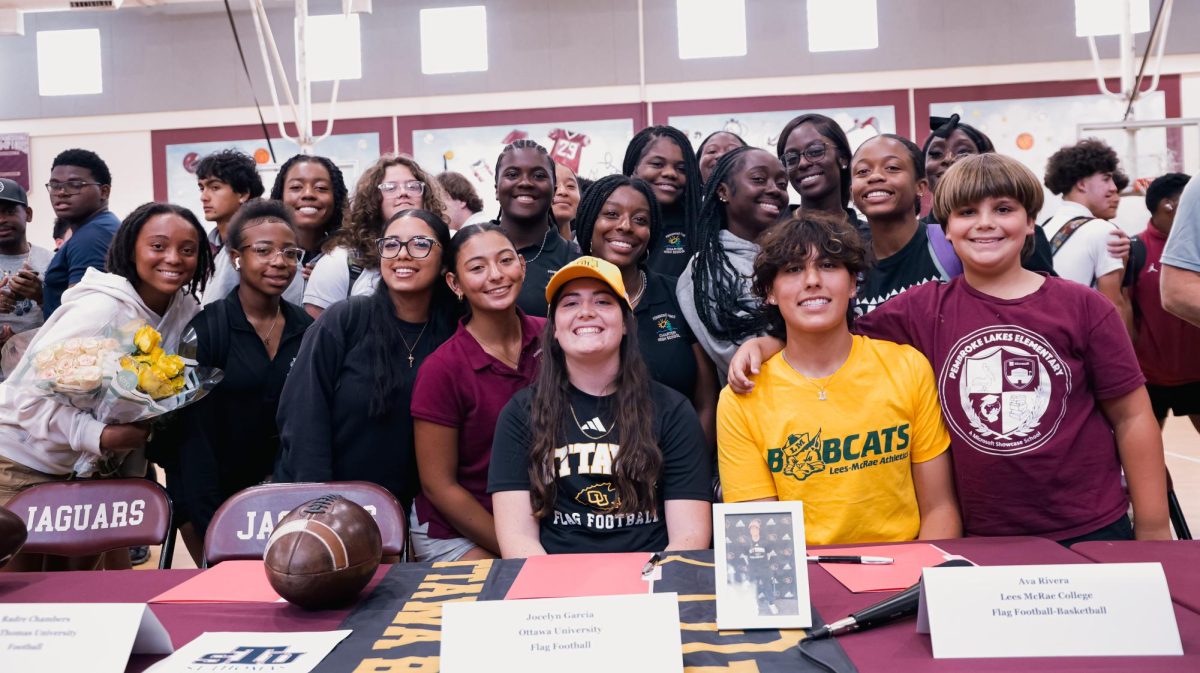

Kara W • Oct 14, 2024 at 10:48 PM
Loved this story! Was super inspirational to read about another environmental activist from Charter :))